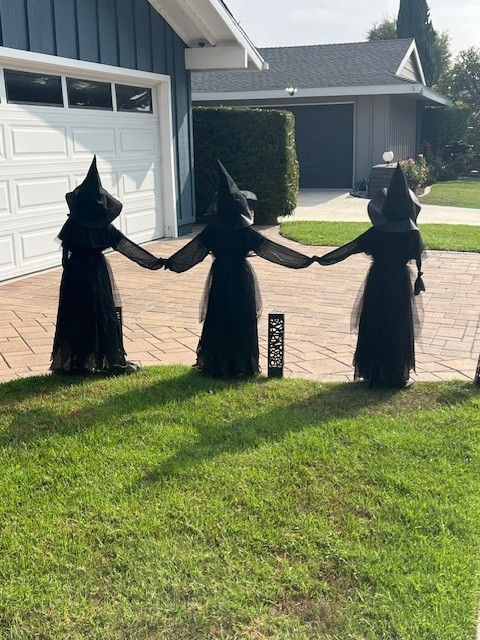Who is your mentor?
- Sherry
- Mar 10, 2022
- 4 min read
Updated: Mar 14, 2022
With all that is going on in the world, whether you are dealing with change at work or at home, you may have a trusted someone in your life to bounce ideas and feel their support when you most need it.
One of my special trusted friends has been there for me every day this past week for our dear family dog was very ill and having my friend to listen and talk things through meant everything to me. This may not be a specific work-related challenge but it impacts every aspect of our home life. Without a dear friend, I would be even more wobbly. That is my technical term for now.

Is a friend different than a mentor? Not always. In each relationship both people help craft the meaning that matters for them. A mentor is an experienced and trusted advisor. All humans value someone who cares, listens and connects to matters of the heart. They are your go – to person when navigating the crazy terrain these days. If they are honest and show up for you and you learn and reflect about yourself professionally and personally, that relationship stands the test of time.
Are we equipped to handle the emotional ups and downs that all of us deal with either at work or home? I think the past two years have challenged us to replace questions with other questions that allow us to explore our feelings and personal desires in a deeper way. For example, the question of “how do I measure my success” may be replaced with “what is the crossroad I find myself in at this time in my life and work.”
Peter Block, in his book, “The Answer to How is Yes” says that the right questions are about values, purpose and human connection. I am hearing more questions like that rather than “what would success look like by the end of this quarter?”
When we wonder if our leaders trust or believe in us or if they hear us, we are left to imagine the worst. If left to our own devices without an objective and active listening sounding board, we can move needlessly from energy depletion to even cynicism.
What I am seeing with earlier career folks is a more normalized conversation about their feelings and emotions. It is inspiring. I experience a more open and vulnerable conversation. My guess is that their managers may not know exactly how to have some of the conversations but a good start is finding the space to listen.
The more seasoned experienced leaders are not used to sharing personal or vulnerable perspectives which I believe holds them back from understanding themselves and revealing more of their human side to others. Are leaders taught about this early on? I don’t think so.
I met with a group of SR HR leaders just this past month to re-connect a group that has been together for many years. There was clearly a sense of excitement and positive energy about being back together again, even if virtually. There is also a clear drained energy on the topic of managing the demands of post COVID. This is totally understandable. We decided to spend more time talking about what they want from the group and each other as a support and learning network rather than more tactical items. I would say they are looking for a deeper engagement with each other and to be mentors or just there to listen as we continue meeting this year.
So, what are the important qualities of mentoring?
· Professional success goes beyond what we each accomplish in our career
· Willingness to build community and network connections
· Active listening
· Giving feedback and learning about how to be open to get feedback
· Showing your appreciation
· Identifying a mentor and being there for them as well
It is not uncommon for us to ask for help from others. Maybe you don’t have it all figured out yet. Most likely not and yet many resist asking for that help. Jenny Blake in her book, “Pivot: The only move that matters is your next one” suggests we start with a “one-off” mentor and that means, start small. You identify someone you admire who may know more about an area of interest than you.
It is not important to ask, “Will you be my mentor?” It is more important to just have an initial conversation. Are you afraid that they will say no? Well, it is possible, but it is almost never personal. Recognize that people are busy yet the overwhelming evidence is that we do want to help. Many will say yes, if they can for they have had someone in their life that reached out to help them and our nature is to reciprocate and just be there for others.
Feel free to reach out to me if I can help in any way. I am willing to be there for you. Thank you my friends for being there for me. Most recently, Kate, Susan, Sonya and Anne. Feeling so grateful.
My email is sherry@sbcompany.net




Comments